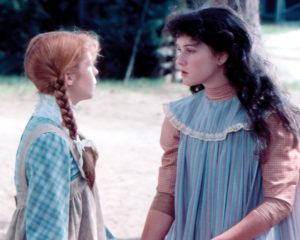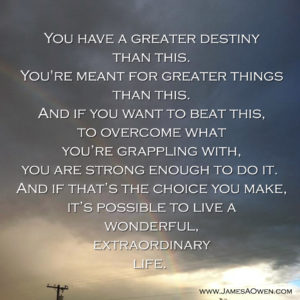(Guest post by Alex P Berg)
Writing is kind of a lonely business. For those of us who are lucky enough to write full time, existence mostly consists of sitting in front of a keyboard, tapping away while sipping on caffeinated brews and drowning out whatever’s going on behind us with a pair of cheap headphones. While we may know oodles of people, most of them tend to be of the imaginary variety, and we can’t really call almost any of them friends. Not after what we’ve put them through.
I think this is one of the reasons depression tends to run high among authors. We isolate ourselves, keep everything bottled up inside until it eventually flows out through our brains and fingers and onto the page. This is one of the reasons having friendships is so important, to be able to share experiences and trials and tribulations with others, to give empathy and to receive sympathy—and for the record, only friendships with living, breathing individuals count.
But I’m a writer, you say. I burn when sunlight touches me, I prefer to cuddle with things made out of paper, and I’d rather hide in a closet than engage people in conversation. How do I cultivate productive friendships?
It’s difficult, to be sure. But one thing that helps is to engage with other writers. They’re not quite as scary as real people. You can find them in local writer’s groups, or if you’re feeling frisky, head to a writing conference. That’s how I met a number of the fine folks in the Fictorians, and through the magic of the internet, we can still communicate after the conference is but a distant memory.
Which brings me to point number two. Social media is a great way to cultivate friendships, and without getting within touching or sneezing range of people. Perfect! And while you might think that you need to leave the safety of your writing hovel to make those friends in the first place, au contraire! Sometimes a friend introduces you to another online friend. Sometimes an individual approaches you on social media out of the blue. If you’re congenial and chatty, sometimes those acquaintances turn into friends. I’ve made several that way who I’ve yet to meet in real life.
So friendships can be good for mental and emotional health, but let’s not forget that those same friendships can be lucrative, too. Those friends I’ve met at conferences and online have over time approached me about taking part in book bundles, boxed sets, book launch parties, blog tours, and more, and I’ve learned countless useful tidbits of information from them about everything from writing craft to marketing to web design.
Just remember that for any friendship to work, the benefit can’t be one sided. You have to give as good as you get, Not necessarily in terms of knowledge or financial opportunity but in terms of overall human value. Nobody likes a grouch! So be personable, be honest, be outgoing, be funny. Offer people help when you can, and when they offer it in return, thank them—a shocking concept, I know. But mostly, be friendly, and with luck, you’ll cultivate some great friendships that can help you both with your career and your daily life.
And if that fails, spy on them and blackmail them into doing your bidding.
***
Bio: Alex P. Berg is a fantasy, sci-fi, and mystery writer, a nuclear engineer, and a heavy metal enthusiast. His best-selling Daggers & Steele series combines snappy homicide cops and snarky humor with mystery, intrigue, and a healthy dose of the supernatural. Connect with him at www.alexpberg.com.

 When it comes to famous friendships, the one that first comes to mind is the bond between C.S. Lewis and J.R.R. Tolkien. Their friendship developed through their writing group, The Inklings, which met in a pub called The Eagle and Child, or as they affectionately called it, The Bird and Baby. Over years of critiquing and beers, a number of the Inklings went on to be published, as well as become some of the most respected authors in history.
When it comes to famous friendships, the one that first comes to mind is the bond between C.S. Lewis and J.R.R. Tolkien. Their friendship developed through their writing group, The Inklings, which met in a pub called The Eagle and Child, or as they affectionately called it, The Bird and Baby. Over years of critiquing and beers, a number of the Inklings went on to be published, as well as become some of the most respected authors in history. In college, I was fortunate enough to take a J.R.R. Tolkien class from one of the most renowned C.S. Lewis scholars in the world, Diana Glyer. Naturally her studies of Lewis led her to the study of Tolkien as well. Diana Glyer recently released the book
In college, I was fortunate enough to take a J.R.R. Tolkien class from one of the most renowned C.S. Lewis scholars in the world, Diana Glyer. Naturally her studies of Lewis led her to the study of Tolkien as well. Diana Glyer recently released the book 


